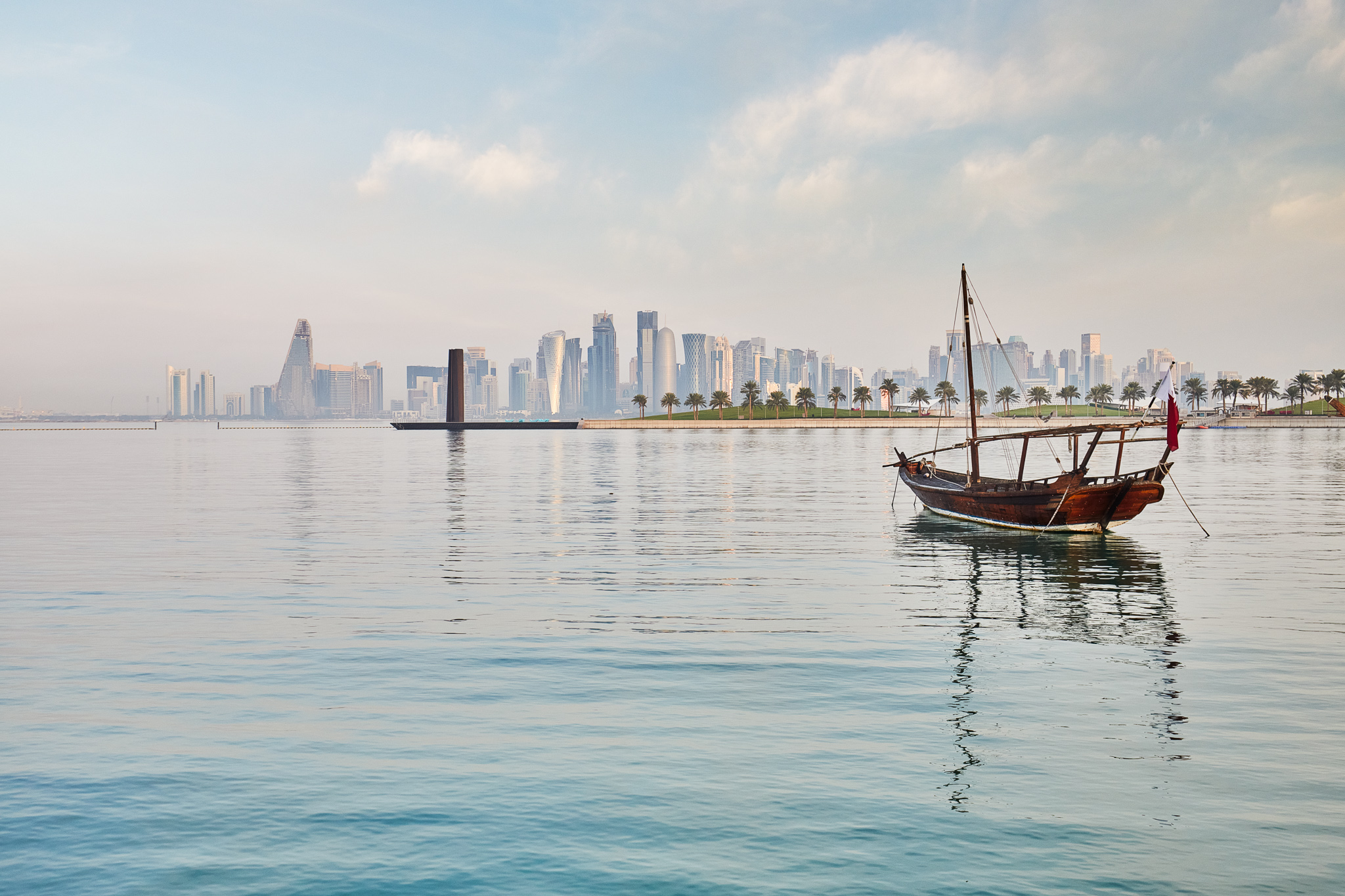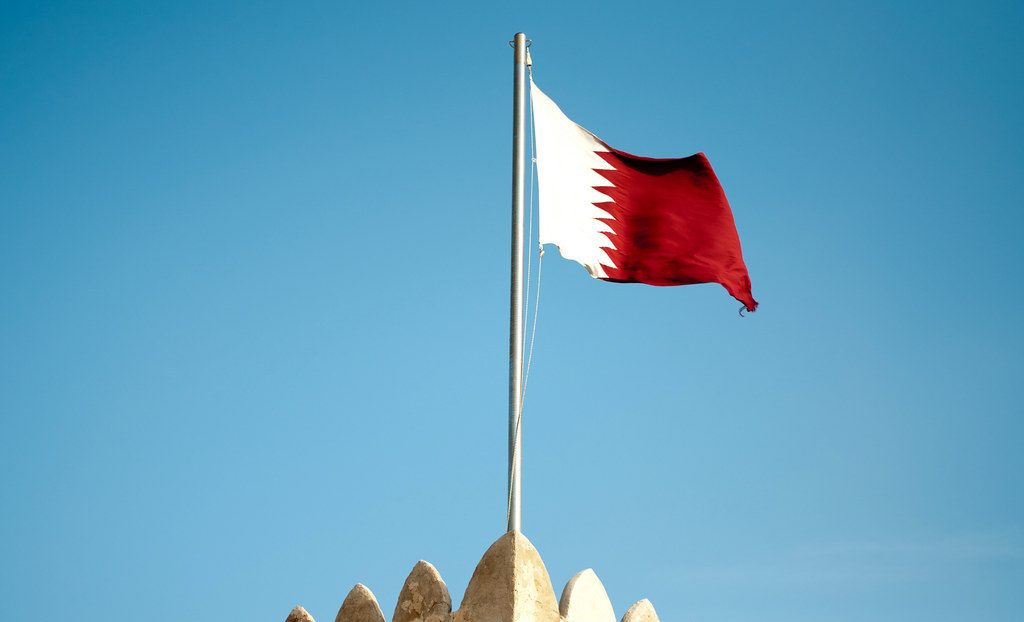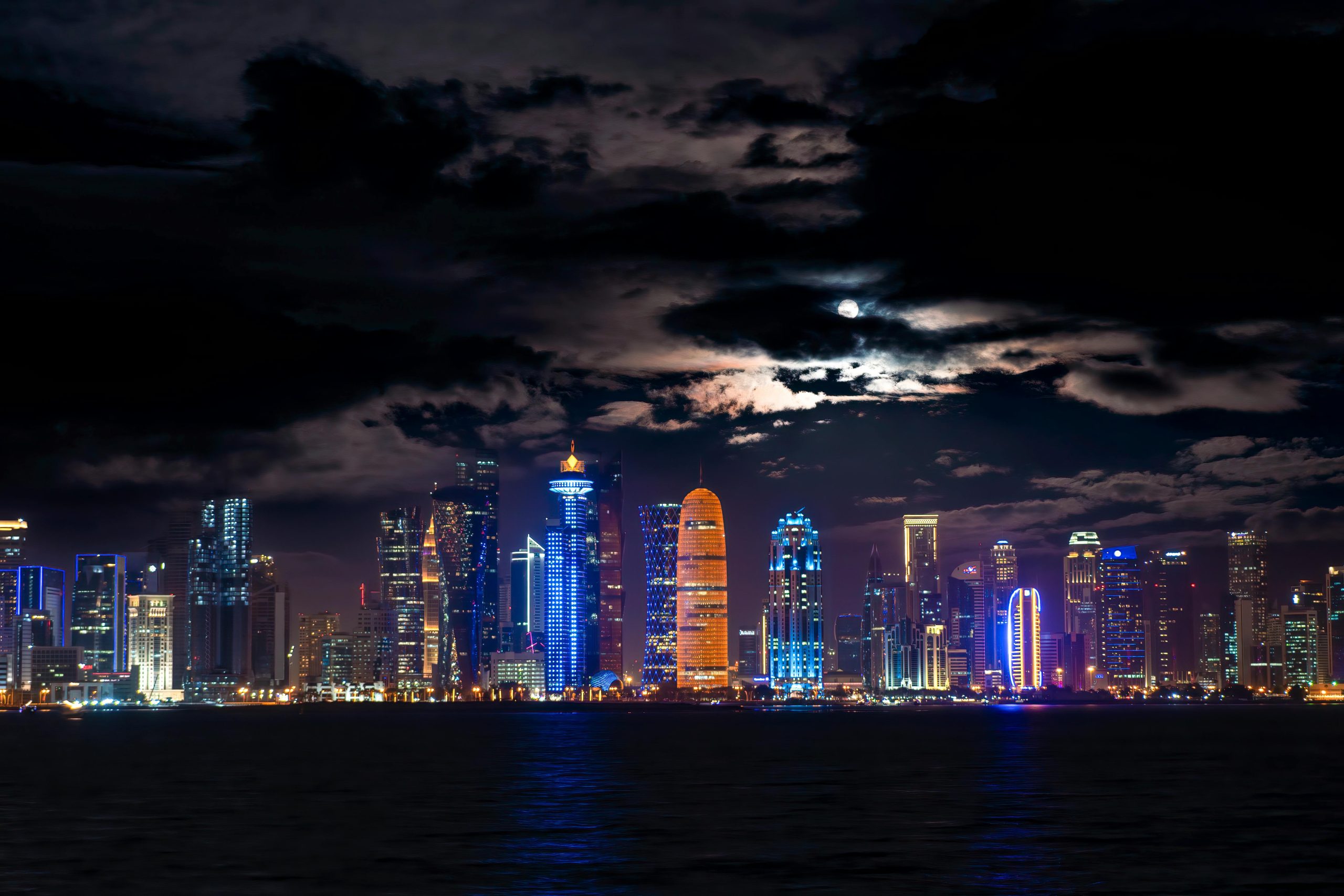
The ongoing Gulf dispute has spurred a propaganda war among the region’s newspapers.
In this opinion piece, Doha News Editor-at-Large Victoria Scott discusses how several misleading reports in Qatari media have caused some residents to dismiss other, less glowing stories as “fake” – and why this is bad news for the country’s future.
It is a truly disheartening experience to spend days researching and writing a news story that you know will be branded “fake,” simply because some people don’t like what it says.
Thanks to US President Donald Trump, however, that’s now a depressing reality for many journalists around the world, and particularly so for the Doha News team at the moment.

Doha News is Qatar’s only independent source of national journalism, and as such has always stuck out amid a crowd of sycophantic newspapers and online outlets.
Even before the Gulf dispute began, reading a Qatari newspaper was like taking a dose of happy pills.
Effusive press releases printed verbatim and an endless parade of photos of high-ranking officials signing deals and staring meaningfully at plans, new buildings and roads reassured you that everything was running smoothly in Qatar.
Oh, and by the way – McDonald’s has a new menu and a revolutionary new model of vacuum cleaner is out in all department stores for a very reasonable price – so that’s nice.
Propaganda war
But the current Gulf crisis has taken glowing media coverage of Qatar to a whole other level.
To be fair, daily newspapers in boycotting countries are currently full of extraordinary stories. Many of these are either tenuously extrapolated half-truths or utter, baldfaced lies.

It is not surprising then that Qatar’s media is doing its part to push the balance in the other direction.
Every day since the crisis began, they have all carried stories that I believe fall into the propaganda category.
The majority lack statistics or facts, and simply seek to paint a reassuring picture.
For example, newspapers recently ran stories saying London is showing solidarity with Qatar because several taxi cabs bore supportive Qatar messages.

This reflected a complete misunderstanding (or misrepresentation) of the way advertising works.
London is clearly not “showing solidarity” – an agency simply took a booking, and payment, for some ads.
Then there was this denial that the blockade had affected the airport in any way (Qatar Airways has still not responded to my request for comparable data for the Eid holiday period last year).

And this story about how the construction industry in Qatar has apparently also been entirely unaffected by the blockade. It contains no facts, but is not presented as opinion.
While some would argue that the newspapers’ motives are benign and simply a way of reassuring the public and maintaining public morale, I respectfully disagree.
‘Fake news’
I have noticed that many Doha News readers are starting to dismiss factual stories as fiction, simply because they don’t fit the rosy picture painted by other outlets.
This is dangerous.
A major new study published by the Columbia Journalism Review recently analyzed a worrying trend in the US.
There, right-wing Americans abandoned traditional news sources during the recent presidential election in favor of right-wing publications that only reinforced their own viewpoint.
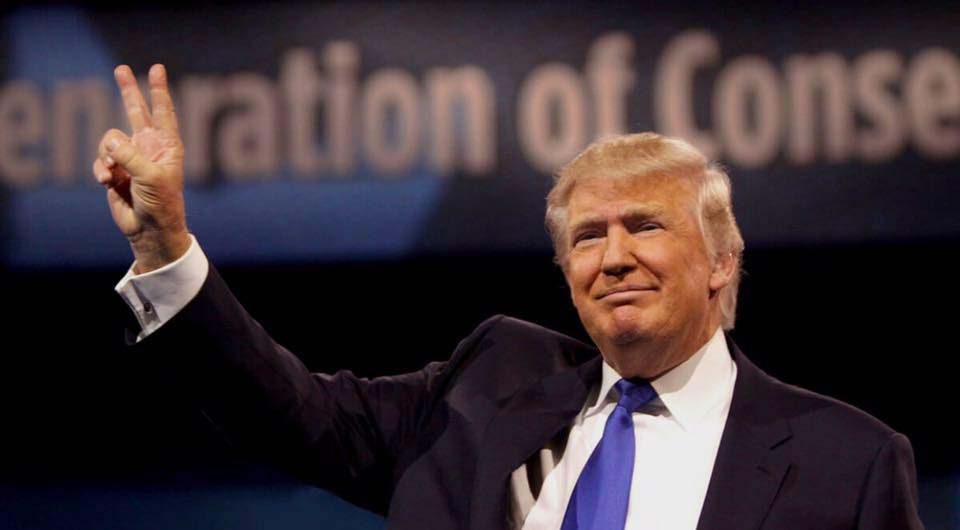
The researchers from the Massachusetts Institute of Technology (MIT) concluded that this ended up skewing coverage of the election in all US media. This is because some issues – such as immigration and Hillary Clinton’s emails – got more play than others.
Essentially, fake news stories produced by the right-wing press seeped into the public consciousness and potentially affected the result of the election.
It also meant that well-researched, factual stories that could have changed minds were often dismissed as fake.
I suggest that the proliferation of propaganda in Qatar’s newspapers, and the papers’ enduring reluctance to cover any news that could be vaguely regarded as “negative,” is causing a similar shift away from reality in Qatar.
Exchange issues story
Here’s an example.
Late last month, I wrote a story for Doha News about the fact that a number of foreign exchange firms were refusing to exchange Qatari riyals outside of Qatar.
Doha News had been contacted by several readers who’d experienced trouble changing their riyals on their travels in places where it had previously been a straightforward thing to do.
Tweets from the @dohanews Twitter account asking if this was a widespread issue prompted confirmation of similar problems from many more readers in several different countries.
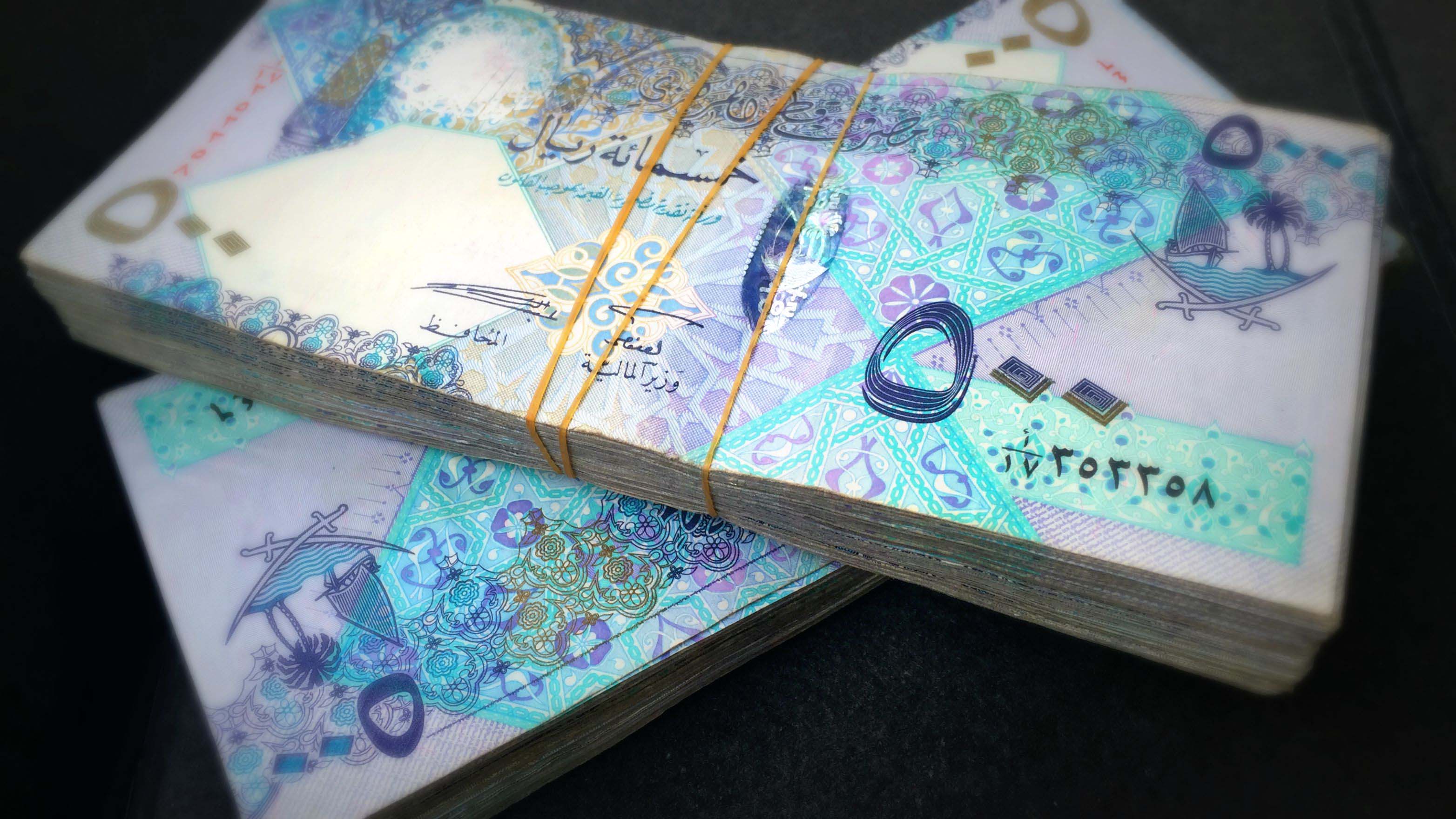
The team then called a number of banks and exchange firms in both the UK and the US, who confirmed that they had indeed temporarily ceased to buy riyals because of the GCC Crisis.
Finally, I spoke to a currency expert who gave us his analysis of the situation.
The resulting story, which took a week to write and research, laid out the facts Doha News had gathered, and prompted Reuters to make their own enquiries.
And yet, here are just some of the comments underneath the story on the Doha News Facebook page:
“Don’t believe Doha News, they are paid puppets of the UAE.”
“No wonder that Doha News got a ban in Qatar…..You are increasing panic in people.”
“This is not unusual. And does not indicate something is wrong.”
I found myself answering a string of accusatory comments on all our platforms from people who were absolutely determined that our story was incorrect.
That meant asserting that Doha News was not paid by any government; that it had no interest in generating panic; and was simply interested in publishing the truth.
The currency situation was incredibly unusual, and did indicate something was awry.
QNA denial
However, it may not surprise you to read that Qatar’s local papers were not reporting the same story.
Many were initially silent on the subject.
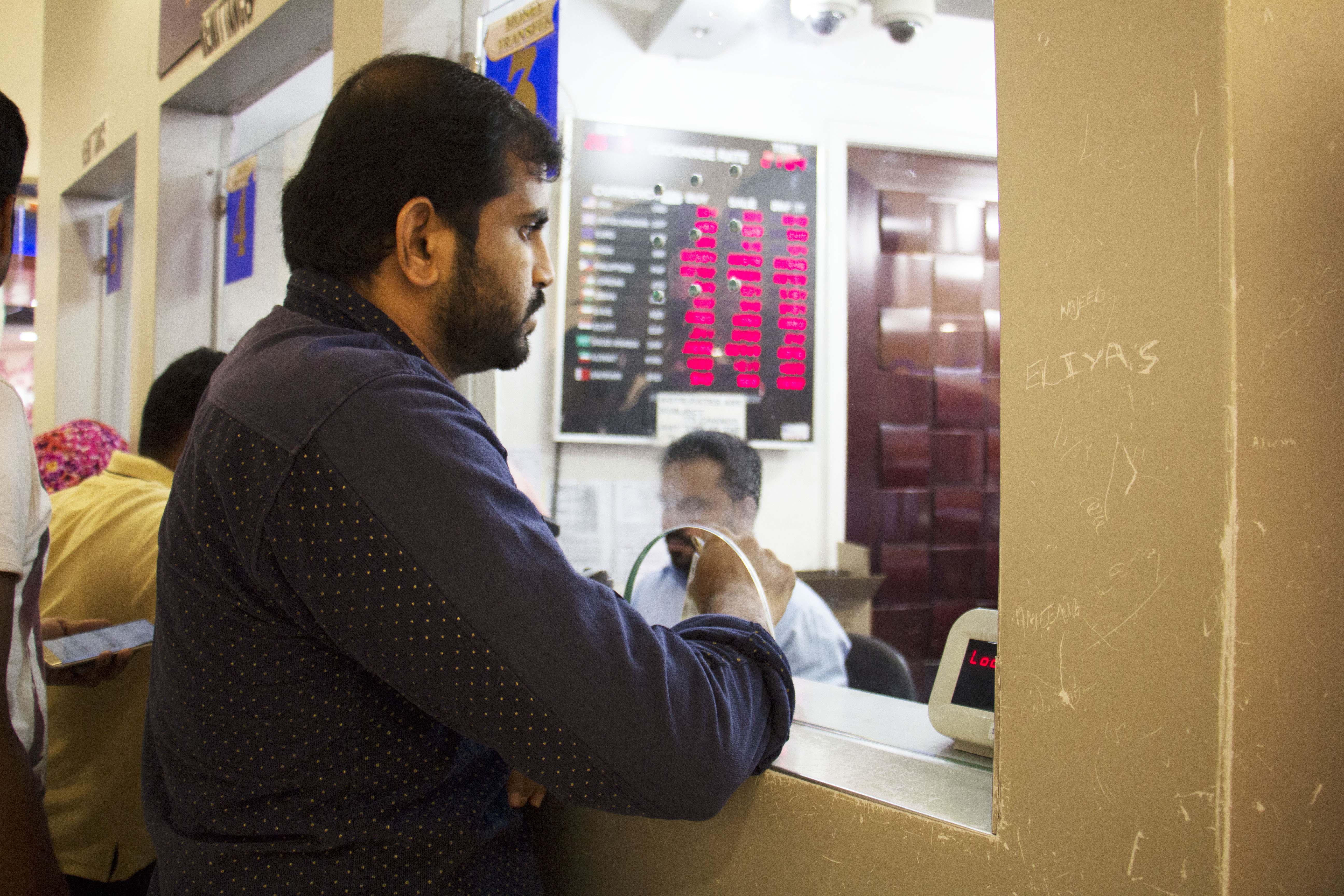
Then, two days later, the Qatar state news agency (QNA) released a statement, shared in all local papers, stating that “reports circulating across different media about the trading and exchange rate of the Qatari riyal were baseless.”
Given all the research I had recently conducted, I knew this to be untrue. But readers of Qatar’s dailies did not.
It’s no surprise then that many readers are struggling to see the wood for the trees.
A dangerous precedent
I lived in Qatar for six years and I still find it fascinating to write about. I have always said that that’s because it has so many untold stories; and sadly, that remains true.
No other national news outlets in Qatar will investigate stories about suffering or injustice, and until Doha News is unblocked in Qatar, it’s tricky for us to do so, too.

What worries me now is that Qatar’s residents will eventually become so desensitized to propaganda that they will accept it without question.
That means that policy changes that affect the lives of many residents may go unquestioned, and injustices may be able to continue without ever being noticed.
I think back to the many important stories Doha News has covered over the past eight years, such as:
- The Villaggio trial;
- The imprisonment of unmarried women who become pregnant; and
- The non-payment of salaries at certain organizations.
Today, many readers would probably dismiss these stories as fake. And that worries me tremendously.
I believe strongly in the importance of a free media in the development of a nation. The ability to question our leaders and query policies makes, in my opinion, for a stronger community and state.
Realizing that not everything in your country is perfect is the first step to fixing the things that aren’t.
And I, for one, don’t think that’s fake news.
You can follow Victoria Scott on Twitter.



